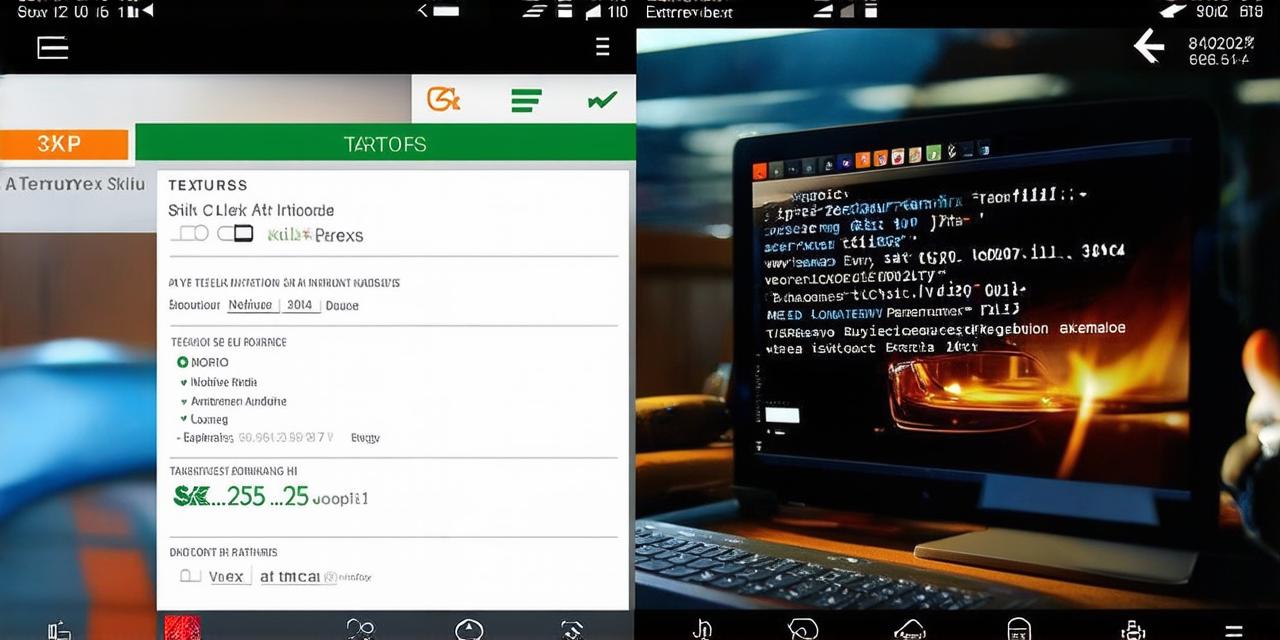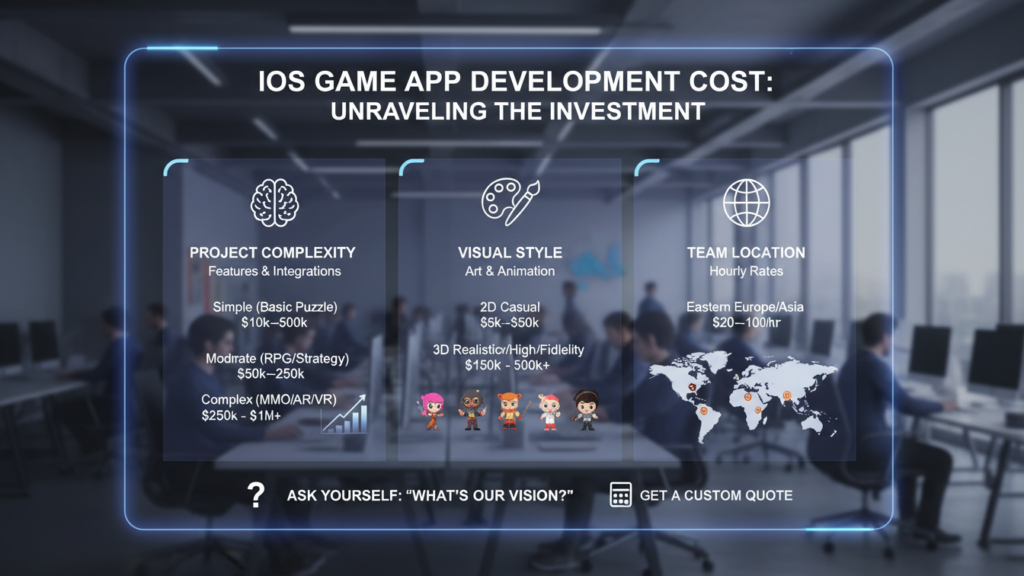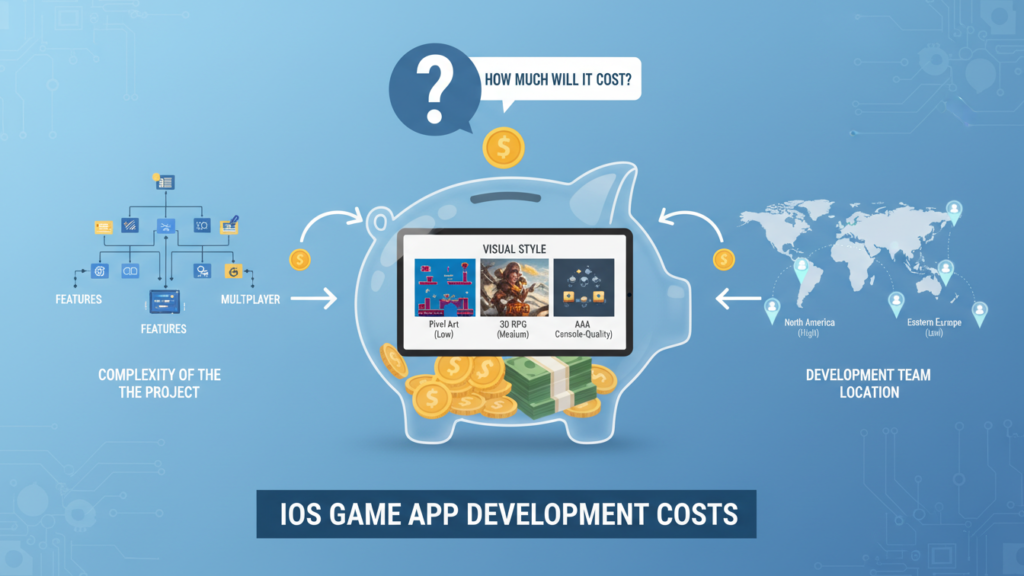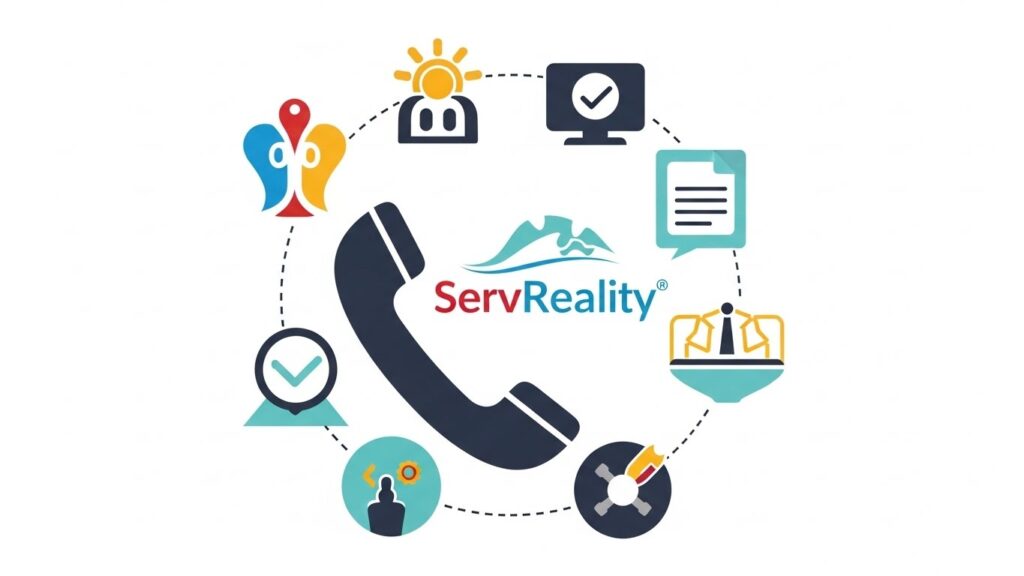Introduction
India is one of the world’s fastest-growing economies, with an increasing number of startups and tech companies emerging every day. The Indian app development industry has been booming in recent years, thanks to the growing adoption of smartphones and the internet.
The Growth of App Development in India
India has always been a hub for innovation and entrepreneurship. With its large and growing population, there is a vast market for apps that can solve problems and make life easier. In recent years, India has seen a surge in app development, with many startups and tech companies creating new apps to capitalize on this market.
One of the key drivers of this growth is the increasing adoption of smartphones in India. According to a report by Statista, India had 450 million smartphone users as of 2019, and this number is expected to reach 800 million by 2022. This presents a huge opportunity for app developers to create apps that can provide value to these users.
In addition to the growth of smartphone usage, India’s government has also been promoting the development of mobile applications. The government launched the “Make in India” campaign in 2016, which aims to encourage entrepreneurs and startups to develop and manufacture products in India. This campaign has also extended to app development, with the government providing support and incentives for app developers who create apps that can help solve problems in areas such as healthcare, education, and agriculture.
Case Studies: Innovative Apps from Indian Developers
To illustrate the innovation and skills of app developers in India, we will look at a few case studies of successful Indian-developed apps.
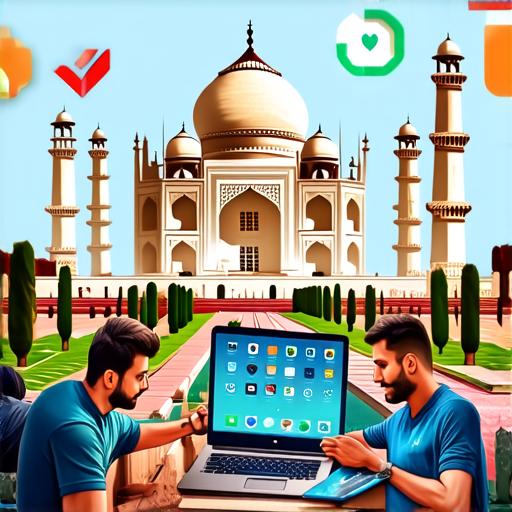
Paytm
One of India’s most popular mobile payment apps, Paytm was launched in 2010 by Vijay Shekhar Sharma. The app allows users to send and receive money, recharge their phones, and pay for goods and services using their phone number. With over 450 million registered users, Paytm has become a game-changer in the Indian payment industry.
Byju’s
Byju’s is an educational app that provides interactive lessons and quizzes for students from Class 1 to Class 12. The app uses gamification techniques to make learning fun and engaging, with personalized learning paths for each student. Byju’s has become one of the most popular educational apps in India, with over 5 million downloads as of 2019.
Swiggy
Swiggy is a food delivery app that allows users to order food from their favorite restaurants and have it delivered straight to their doorstep. The app uses GPS technology to track the location of the restaurant and the rider, ensuring that the food is delivered quickly and efficiently. With over 500,000 restaurants on the platform as of 2019, Swiggy has become a must-have app for food lovers in India.
Personal Experiences: Developing Apps in India
As an app developer myself, I have had the opportunity to work with several Indian clients and develop apps for them. One thing that stands out about Indian developers is their willingness to learn and innovate. They are constantly looking for new ways to solve problems and create apps that stand out in a crowded market.
Example: Developing an App for the Healthcare Industry
One example of this was when we were working on an app for a client in the healthcare industry. The client wanted us to develop an app that would help patients book appointments with their doctors and keep track of their medical records. We worked closely with the client to understand their requirements and came up with a solution that used blockchain technology to securely store medical records and ensure that only authorized personnel had access to them.
The Skills Required for Successful App Development in India
To be a successful app developer in India, there are several skills that are essential. These include:
- Technical skills: Developers need to have a strong understanding of programming languages such as Java, Swift, and Kotlin, as well as knowledge of mobile app development frameworks such as React Native and Xamarin.
